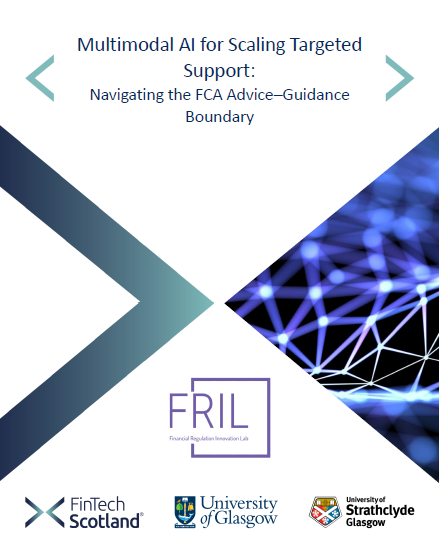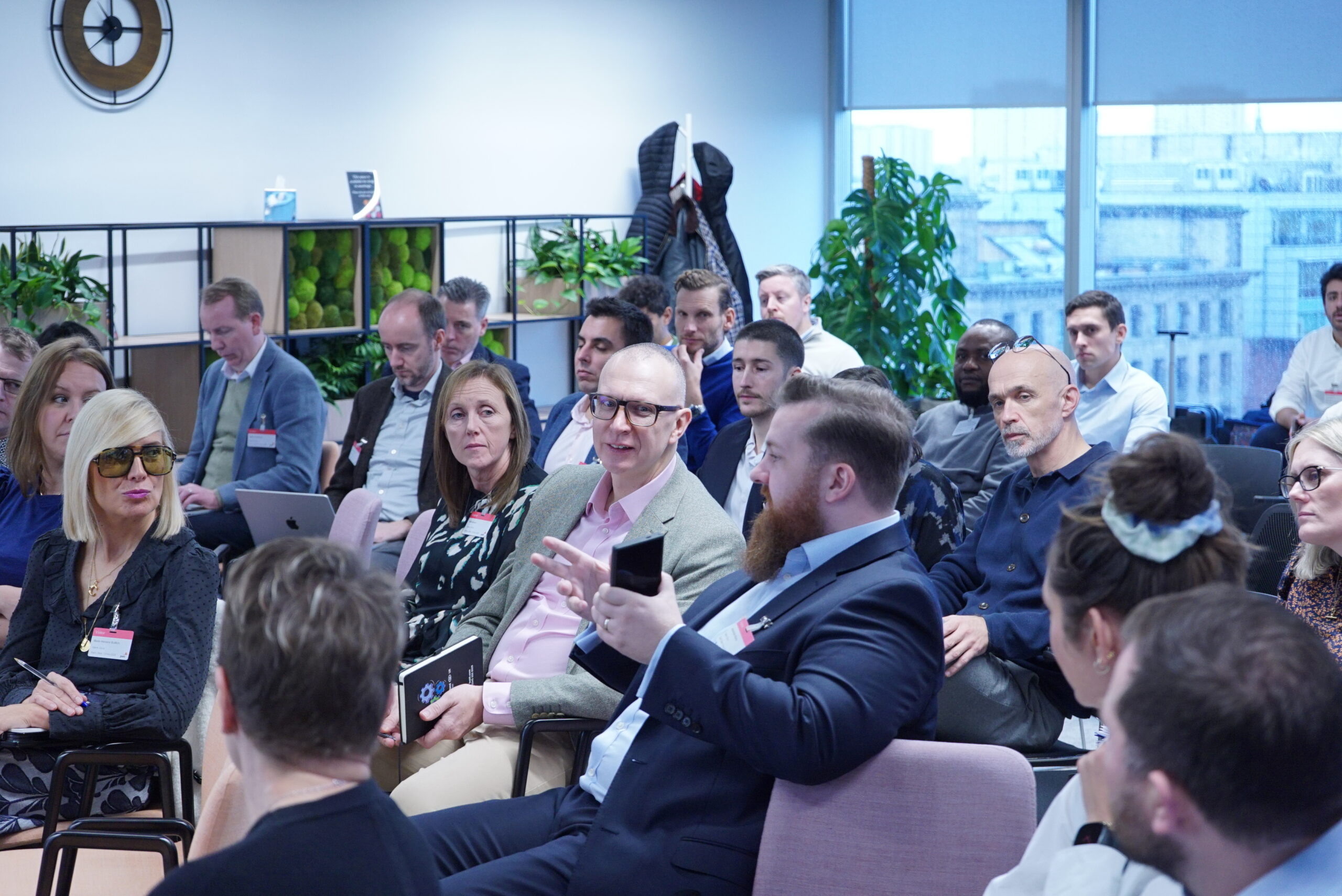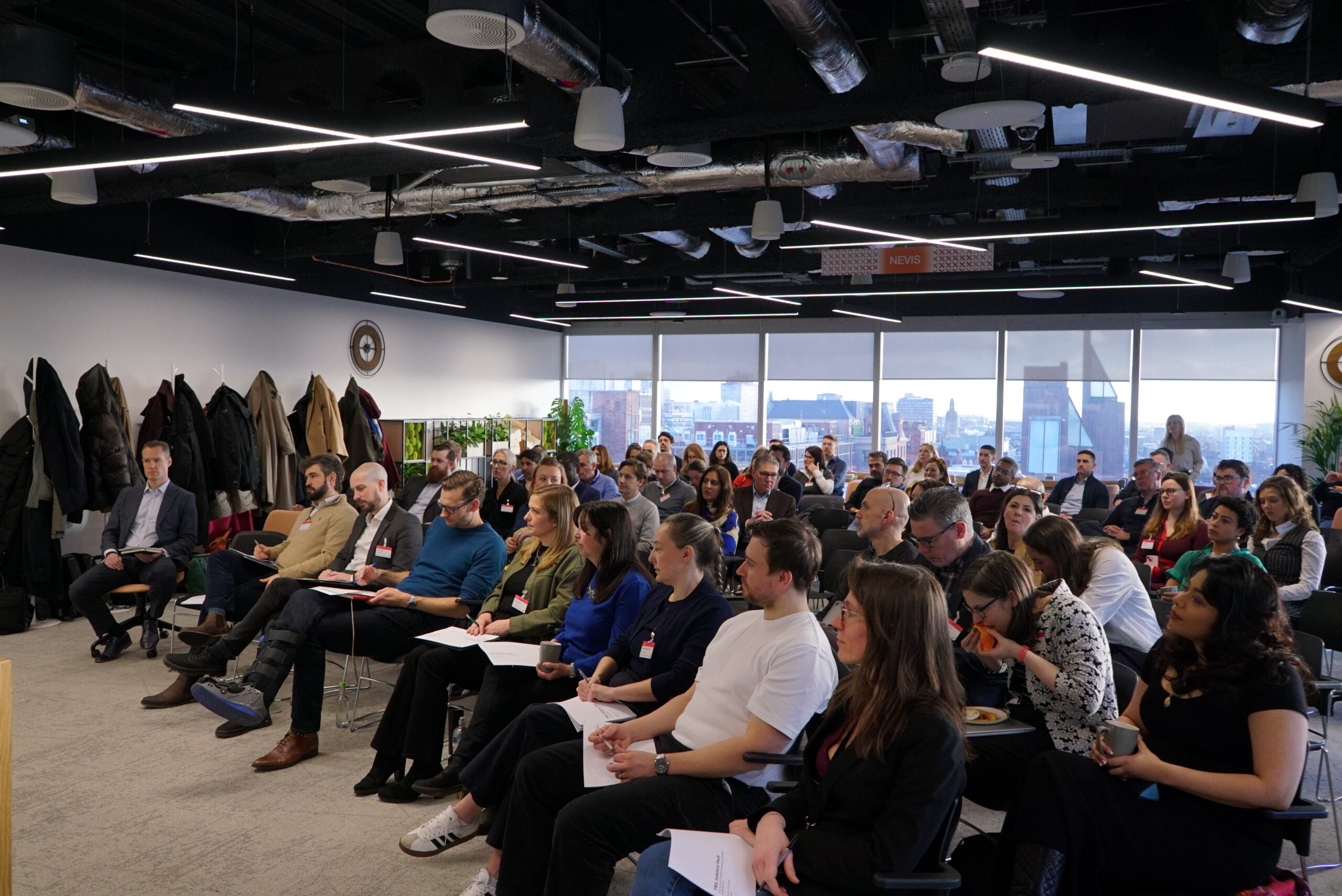The Consumer Duty at One Year – Can we have a more active and engaged view of consumers?

John Finch and Chuks Otioma draw on their research with the Financial Regulation Innovation Lab, arguing that the Duty would benefit from a clearer understanding of consumers being active, engaged and innovative
The UK Financial Conduct Authority held webinar at the end of July marking twelve months since introducing the Consumer Duty. The webinar provides a welcome opportunity to reflect on the ways in which the Duty has changed our understandings of financial products and services as consumers experience these. While there are antecedents to the Consumer Duty, and it exists alongside other regulations such as Advertising Standards and General Data Protection, the simple force of the term Consumer Duty is remarkable. The landscape is changed. Financial services providers have a duty to show how their products and services provide good quality outcomes for their consumers. We argue that the next steps for the Consumer Duty should embrace a more nuanced view of consumers as engaged, active, and co-developing, partners in innovation.
Outcomes-based regulation
The Consumer Duty is an example of outcomes regulation. In other words, regulation and corporate activity meet in compliance as much around how they have met performance expectations and have in place processes to continue to do so. The Consumer Duty sets out four dimensions or qualities of good outcomes for consumers: price and value, consumer understanding, consumer support, and governance of products and services. Additionally, providers should pay attention specifically to vulnerable consumers, that suppliers – often to include FinTechs – are included where having a material effect, and with the outcomes of understanding and support comes an implication for enhancing consumers’ financial literacy.
As engaged researchers, we have had an interesting year following the Consumer Duty. We have organised workshops internationally where researchers and practitioners have discussed their approaches. We also highlight presentations at the Market Research Society’s annual financial services research conference. The November 2023 meeting was particularly good. Fair4All Finance focussed on financial inclusion and the more effective uses of market segmentation techniques to draw out consumer experiences in enchaining financial inclusion (https://fair4allfinance.org.uk/segmentation/). Cowry Consulting reported on applying behavioural science to providers’ product service development in complex financial products, and in enhancing consumer understanding and support (https://2547826.fs1.hubspotusercontent-na1.net/hubfs/2547826/On%20The%20Brain%20-%20ESG%20Edition.pdf).
Both these themes (segmentation in support of financial inclusion, and applications of behavioural science) speak to a need for a more thorough integration of consumers’ experiences and practices, of how they go about engaging with and using financial services products. As the FCA webinar highlighted, one source of data is complaints and resolution through the Financial Ombudsman. This vital work is though something of a last resort for consumers and providers where things could have gone wrong. Otherwise, drawing in consumers and understanding their experiences, is a longstanding challenge, reflected in stakeholder theory, regulation, and responsible innovation and science, of how to gather consumers and consumer practices into groups in a way that has some comparability with service providers.
Insights can be gained by catching some of the hints about consumers’ process and capabilities reflected into providers through principles of outcomes regulation. If we accept consumers and consumption as active, requiring capability, literacy, understanding subject to behavioural bias, contending with complexity, and varied across individual – even if proxied through segmenting – this rich experience should find a way into the Consumer Duty and our reflections of its implementation.
Active, engaged consumers
Let’s sketch this in a little more detail. Consumer Duty implies a rebalancing of power towards that age-old principle in economics of consumer sovereignty. This is not easily achieved. The Consumer Duty has four dimensions of good outcomes, and only one is price and value. So, as with many consumer activities, outcomes of Consumer Duty are not simply of consumption being a purchase then ‘value sink’. Consumers need to work hard to access the value designed into and intended in their financial products and services. Just as an example, and with relevance to FinTech too, financial inclusion is tensioned against the investments expected of consumers to participate in the market, in financial services, of a mobile phone with an up-to-date operating system and perhaps paid-for apps. Consumers co-invest and through their personalised adaptions in use, modify the digital infrastructure presumed for many financial services.
New technologies can support drawing insights from consumers. Leveraging AI solutions that provide capabilities for richer data, real time analysis and consumer insights, Fintech and financial service providers have a vantage potin from which to understand customer characteristics and preferences, engage with and offer personalised products that match consumer expectations. This way, financial products and services can extend beyond segmentation and stand a better chance to be directed towards good consumer outcomes. As a note of caution, sole deployment of cutting-edge technologies and data per se can narrow the scope for improved consumer experiences and good outcomes. This sounds the importance of business models that promote co-creation with consumers through product design, development and delivery that allow consumers to interact with and tinker around both products and services, and the platforms on which they are delivered.
Furthermore, consumers often make their own financial bundles and portfolios. With respect to financial inclusion and vulnerability, they do so with great ingenuity, in mind-occupying and time-consuming ways, through trial and error, shared experiences, and, crucially, cutting across providers and product categories. This can perhaps include juggling credit cards, short-term loans, welfare payments, and overdrafts. These are consumer experiences: innovative, imaginative, adaptive, ingenious, sometimes urgent and under pressure. Our challenge is to draw consumer experiences and actions into the view of the Consumer Duty. To vary our focus or unit of analysis to, of course, include individual products and services from providers, but also recognising the additional consumption activities among consumers, and how these vary significantly. This can also allow us to reflect on the definitions of, and contributions to, Consumer Duty categories of – taken together – price and value, consumer understanding, and consumer support. And such an approach can be part of and arguably improve the governance of products and services.
Professor John Finch and Dr Chuks Otioma are at the University of Glasgow’s Adam Smith Business School and the Financial Regulation Innovation Lab (a partnership between FinTech Scotland, University of Strathclyde, and University of Glasgow). We can be contact at john.finch@glasgow.ac.uk, and chuks.otioma@glasgow.ac.uk.
We acknowledge funding from Innovate UK, award 10055559.
Open Access. Some rights reserved.
Open Access. Some rights reserved. The publishers, the University of Glasgow and FinTech Scotland, and the authors, John Finch and Chuks Otioma, want to encourage the circulation of our work as widely as possible while retaining the copyright. We therefore have an open access policy which enables anyone to access our content online without charge. Anyone can download, save, perform or distribute this work in any format, including translation, without written permission. This is subject to the terms of the Creative Commons By Share Alike licence. The main conditions are:
- The University of Glasgow, FinTech Scotland, and the authors are credited, including our web addresses www.gla.ac.uk, and www.fintechscotland.com
- If you use our work, you share the results under a similar licence
A full copy of the licence can be found at
You are welcome to ask for permission to use this work for purposes other than those covered by the licence.

We gratefully acknowledge the work of Creative Commons in inspiring our approach to copyright. To find out more go to www.creativecommons.org



